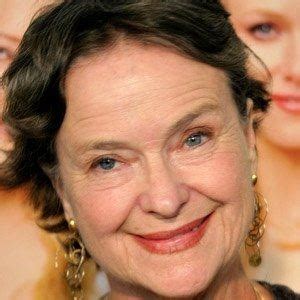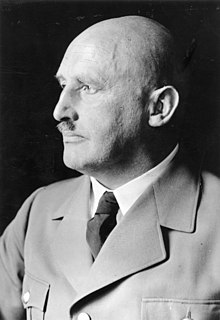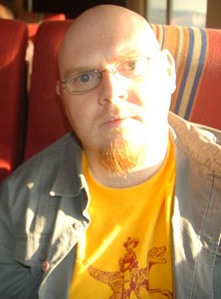A Quote by Adam Mansbach
To me, 'The End of the Jews' - both the title and the novel itself - is about the end of pat, uncritical ways of understanding oneself in the world.
Related Quotes
Couldn't we end this interview with what I really want to say? That what the world really needs is a real feeling of kinship -- everybody: stars, laborers, Negroes, Jews, Arabs. We are all brothers. If we could end this article saying just that, we'd get down to what we should all be talking about. Please don't make me a joke. End the interview with what I believe.
Israel is a fulfilled dream. Nothing that exists here existed here a hundred years ago. "The State of the Jews" was not a title of a country. It was a title of a futuristic novel. A little more than a hundred years ago, "Tel Aviv" was not a city. It was a title of another novel written by the same author. The "Return to Zion" was a name of another novel. There was a bookshelf. There was no state. There was no nation. All you can see, if you look through the window - everything you see is a fulfillment of dreams, different dreams.
But novels are never about what they are about; that is, there is always deeper, or more general, significance. The author may not be aware of this till she is pretty far along with it. A novel's whole pattern is rarely apparent at the outset of writing, or even at the end; that is when the writer finds out what a novel is about, and the job becomes one of understanding and deepening or sharpening what is already written. That is finding the theme.
Usually at the end of each story we're thrown clear out of the story's world and then we're given a new world to enter. What's unique about a linked collection is that it can deliver both sets of narrative pleasures - the novel's long immersion into character-world and the story anthology's energetic (and mortal) brevity - the linked collection is unique in its ability to be both abrupt and longitudinal simultaneously.
In my mind what novels do best is that they immerse us deeply into our character's world - they truly transport us deep into these spaces - but the same way you know a Hollywood movie won't end after thirty minutes, you carry in yourself the implicit contract that the novel won't throw you out of itself 'til the very end. That bulk of pages is a form of consolation, of security.
I do think some games are works of art, although their medium is visual rather than verbal. Both games and novels allow the reader/player to become a protagonist in the theater of the imagination. Both build worlds. In my opinion, the big difference between game and novel is in narrative structure. Communal role-playing games are open-plan without an end. A novel - at least the kind I write - has a closed structure with a beginning, a middle, and an end. I like that closed structure, and I feel I can say more with it.
Reading honest literature makes you love the world. Knowledge and understanding are love. Reading educates our feelings and enhances our sympathy. When you read for understanding, you are fundamentally changed. You are a different person at the end of the story or the novel than you were when it began.
































